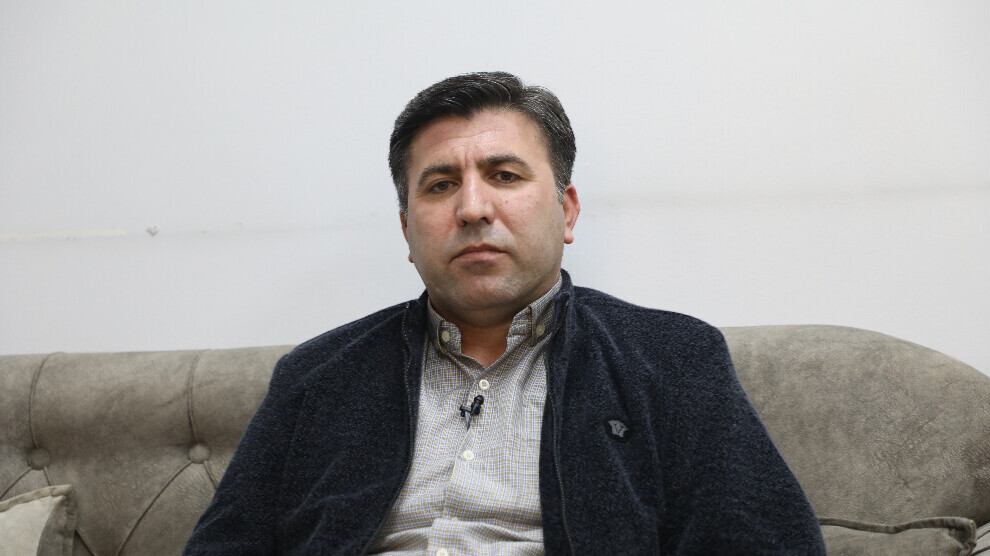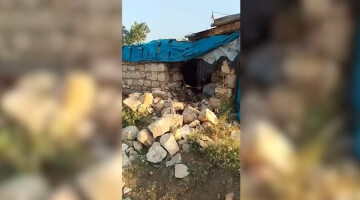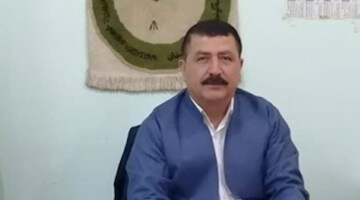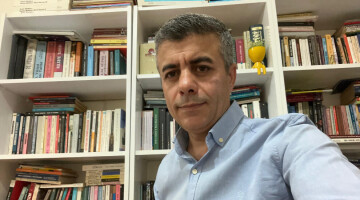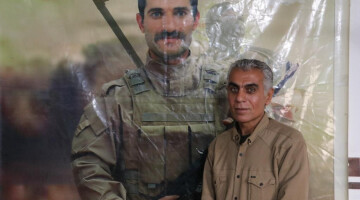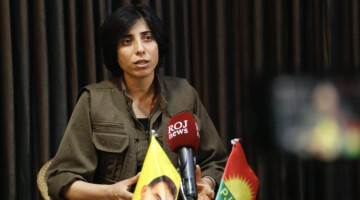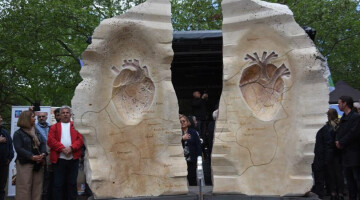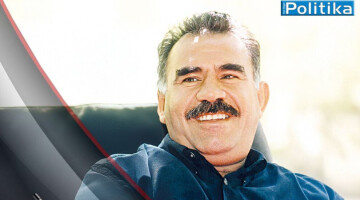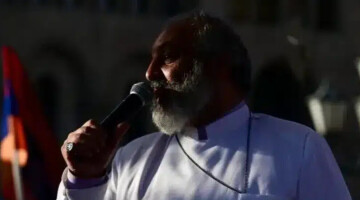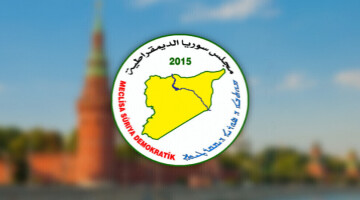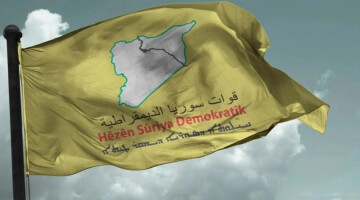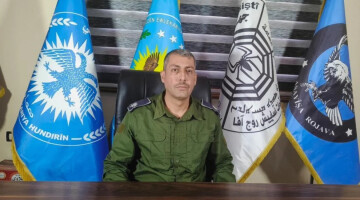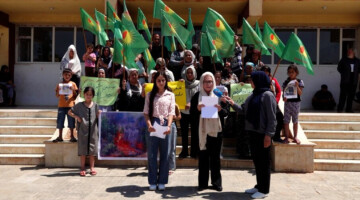Rojava is under constant attack by the Turkish state and mercenaries affiliated to Turkey. Turkish drones are killing civilians, representatives of the Autonomous Administration of North and East Syria (AANES) and the defence forces. At the same time, the Turkish state is trying to destroy civilian infrastructure and thus create hardship and discord. The Cizîrê region in the north-east of Rojava is also affected by these attacks.
The co-chair of the Cizîrê Region's Executive Council, Telat Yunus, spoke to ANF about the attacks and the defence mechanisms.
Since last year, Turkish attacks have mainly been directed against the infrastructure, especially against basic services for the population. Despite all these attacks, many of these autonomous administration institutions continue to operate. How do you evaluate the current situation?
The Turkish state's attacks on North and East Syria have continued since the beginning of the revolution. The Turkish state considers itself entitled to carry out any forms of attacks with the intention to break the will of our people. It has made it its sole aim to annihilate the revolution for democracy and freedom that has emerged in North and East Syria and to eliminate the project of democratic autonomous administration. Sometimes it tries to occupy the region by force and sometimes it simply attacks to disrupt stability and security in the region. In this way, the Turkish state wants to ensure that the people in the region live in a climate of crisis and chaos. With this in mind, the most recent attacks have mainly targeted basic services for the population, service facilities and the region's infrastructure. The autonomous administration has created facilities to make people's lives more comfortable and meet their needs. It is precisely these facilities that the Turkish state has targeted. In this way, it tried to undermine the autonomous administration’s ability to provide for the people. The aim was to render the people here, who have been resisting massacres, invasions and genocidal attacks for years, powerless and force them to flee. The attacks were intensified in order to prevent the Syrian Democratic Forces (SDF) from succeeding in their operations against ISIS cells, to weaken the fight against terror and thus enable ISIS to become more active in the region.
The autonomous administration was created by a revolution of the people. It has always developed its structure and defence system together with the people. All the institutions of the autonomous administration and our society, which has been resisting for years, have organised themselves on this basis. All of them have organised their daily lives according to the war, the embargo and the attacks. There are constant attacks, and there is a permanent embargo and isolation policy to restrict and neutralise the autonomous administration’s ability to act. The autonomous administration has organised itself under these conditions to meet all the needs of the people and continues to carry out its work in this spirit.
What impact have the attacks had on people's lives and the region's infrastructure?
The recent attacks have of course had a very serious impact. In particular, the attacks on infrastructure in areas such as health, water, energy and fuel have led to difficulties in meeting people's basic needs. There were problems with the supply of water, electricity and diesel. The autonomous administration, its affiliated institutions and the people acted together. Thanks to this unity, there was not a single step back from the attacks. Everyone made their contribution without wasting time. The people, the social self-defence forces and the autonomous administration institutions made great efforts to restore the destroyed and damaged facilities. In a short space of time and with the limited resources available to the people, at least the shortage of water, bread, diesel and electricity was alleviated to a certain extent. In this way, a major crisis was prevented. The most effective response to these attacks by the enemy was the uninterrupted round-the-clock work of the people, the administration and our institutions.
These attacks caused delays in meeting the population's winter needs. In particular, there were difficulties in providing basic supplies of diesel and electricity. The region has been at war for years, is under constant attack and the region's infrastructure has suffered major damage as a result of these attacks. These attacks have further aggravated the situation. The autonomous administration has adapted to all types of war and attacks and continues to work to meet all the needs of the people in a timely manner. Regardless of the form of the attacks, it is making every effort to prevent further damage to the people and fulfil their needs.
You have stated that the damage has been partially compensated for and that people's needs have been met. Are further problems to be expected in the long term?
Diesel, electricity, petrol, water and energy supply facilities were particularly targeted by the attacks. There is also an embargo on the region, which has been encircled. Of course, it will take time before the infrastructure can be repaired and used as before. It also takes time to procure the defective parts again. There will therefore be problems in the future. In particular, there will be problems with the supply of diesel and electricity. There is a great need for diesel in this region, both in winter and at the start of the agricultural season. We are already making every effort to ensure that the population does not fall into a major crisis. The autonomous administration has mobilised all its resources for this exceptional situation.
You have said that one of the aims of the Turkish state is to force people to flee and leave the region. However, with the increase in attacks, people's resistance is getting stronger and stronger. What do you attribute this to?
Despite all these attacks, the people always stood behind their own institutions and defence forces. People did not leave their places. Everyone fulfilled their duties. Our people resolutely stuck to their decision to resist. This attitude and perseverance of the people not only ensured that the attacks did not achieve the desired results, but also brought great support to the defence forces and the institutions of the autonomous administration. Of course, it is the most natural right of our people to demand that their basic needs be met first and foremost. The autonomous administration belongs to the people. It always endeavours to ensure the needs and security of the people and society. Of course, it will do this together with the people. Without the people, autonomous administration cannot be successful both in meeting needs and in the event of war. If the people and the autonomous administration stand together and act together, success and victory will belong to the resistant people.

